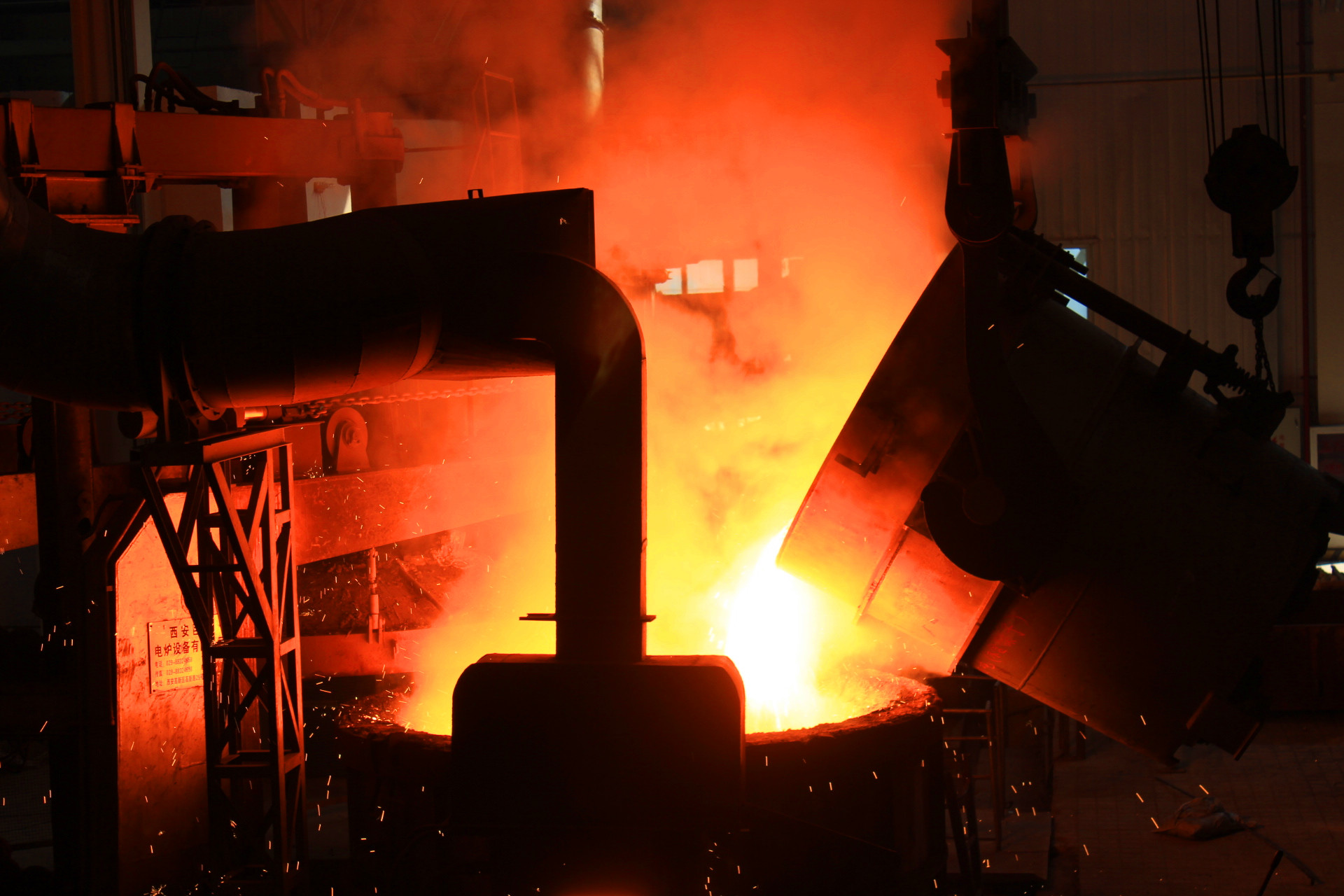- Afrikaans
- Albanian
- Amharic
- Arabic
- Armenian
- Azerbaijani
- Basque
- Belarusian
- Bengali
- Bosnian
- Bulgarian
- Catalan
- Cebuano
- China
- China (Taiwan)
- Corsican
- Croatian
- Czech
- Danish
- Dutch
- English
- Esperanto
- Estonian
- Finnish
- French
- Frisian
- Galician
- Georgian
- German
- Greek
- Gujarati
- Haitian Creole
- hausa
- hawaiian
- Hebrew
- Hindi
- Miao
- Hungarian
- Icelandic
- igbo
- Indonesian
- irish
- Italian
- Japanese
- Javanese
- Kannada
- kazakh
- Khmer
- Rwandese
- Korean
- Kurdish
- Kyrgyz
- Lao
- Latin
- Latvian
- Lithuanian
- Luxembourgish
- Macedonian
- Malgashi
- Malay
- Malayalam
- Maltese
- Maori
- Marathi
- Mongolian
- Myanmar
- Nepali
- Norwegian
- Norwegian
- Occitan
- Pashto
- Persian
- Polish
- Portuguese
- Punjabi
- Romanian
- Russian
- Samoan
- Scottish Gaelic
- Serbian
- Sesotho
- Shona
- Sindhi
- Sinhala
- Slovak
- Slovenian
- Somali
- Spanish
- Sundanese
- Swahili
- Swedish
- Tagalog
- Tajik
- Tamil
- Tatar
- Telugu
- Thai
- Turkish
- Turkmen
- Ukrainian
- Urdu
- Uighur
- Uzbek
- Vietnamese
- Welsh
- Bantu
- Yiddish
- Yoruba
- Zulu
Aug . 21, 2024 04:14 Back to list
Exporter of FRC Concrete Pipe Molds and Pallets for Quality Construction Solutions
Exporting FRC Concrete Pipe Mold Pallets A Comprehensive Overview
The construction industry continues to evolve, and with it, the demand for high-quality concrete products has surged. Among these products, FRC (Fiber-Reinforced Concrete) pipes have gained significant prominence due to their durability, strength, and versatility. A critical component in the production of these pipes is the mold pallet, which plays a vital role in shaping and supporting the concrete during the curing process. As global infrastructure development accelerates, the market for FRC concrete pipe mold pallets is expanding, presenting ample opportunities for exporters.
Understanding FRC Concrete Pipe Molds
FRC concrete pipe molds are essential for creating cylindrical pipes used in various applications, including drainage, sewage, and industrial uses. Unlike traditional concrete, which can be brittle and prone to cracking, fiber-reinforced concrete incorporates fibers—such as glass, steel, or synthetic materials—to improve tensile strength and flexibility. This makes FRC pipes an attractive choice for challenging environments where high load-bearing capacity and resistance to cracking are essential.
Mold pallets come in various designs and materials, ensuring they can meet the specific requirements of different pipe sizes and types. Manufacturers typically produce these pallets from steel or heavy-duty plastics, allowing them to withstand the pressure of wet concrete and facilitate efficient demolding.
The Role of Exporters
Exporters of FRC concrete pipe mold pallets play a crucial role in the global supply chain. As the demand for concrete pipes grows in emerging markets, the need for high-quality mold pallets becomes increasingly apparent. Companies that specialize in the design and manufacturing of these pallets often find themselves at the crossroads of innovation and sustainability.
The export process involves a thorough understanding of international regulations and standards. Exporters must ensure that their products meet the required certifications for strength, durability, and safety, which vary by region. Understanding the nuances of local markets is crucial for effective distribution and customer satisfaction.
frc concrete pipe mold pallet exporter

Market Trends and Opportunities
The global construction industry is experiencing a notable shift towards sustainability and eco-friendly practices. FRC pipes, due to their longevity and reduced maintenance needs, align well with this trend. Additionally, advances in manufacturing technologies, such as automated production lines, are making it easier for exporters to produce high-quality mold pallets efficiently.
Moreover, as urbanization accelerates worldwide, especially in Asia and Africa, there is a growing need for infrastructure development. This growth leads to increased demand for concrete products, including FRC pipes, and consequently boosts the market for mold pallets. Exporters can tap into this expanding market by forming strategic partnerships with local construction firms and suppliers.
Challenges in the Export Market
While the potential for growth is significant, exporters face several challenges. Competitive pricing is often a key factor, as local manufacturers may offer lower-cost alternatives. To overcome this, exporters must emphasize the superior quality and longevity of their mold pallets, highlighting the long-term savings they offer clients in reduced maintenance and replacement costs.
Additionally, logistical issues can complicate the export process. Ensuring timely delivery while navigating international shipping regulations and tariffs requires careful planning and efficient supply chain management. Building relationships with reliable shipping partners can help mitigate these challenges.
Conclusion
The export of FRC concrete pipe mold pallets represents a growing segment of the construction industry. With increasing global demand for durable and sustainable infrastructure solutions, the prospects for exporters are bright. By focusing on quality, compliance, and strategic market positioning, businesses can successfully navigate this dynamic landscape and contribute to the growth of infrastructure development worldwide. As more cities embrace modern construction techniques, the importance of high-quality mold pallets will only continue to rise.
-
8mm Thin-Walled Cast Steel Manhole Cover Pallet Bottom Ring | Durable
NewsAug.04,2025
-
Premium Cast Iron Water Main Pipe: Durable, Corrosion-Resistant
NewsAug.03,2025
-
Durable Cast Iron Water Mains | AI-Optimized Systems
NewsAug.02,2025
-
High-Efficiency Propane Boiler for Baseboard Heat | Save Energy
NewsAug.01,2025
-
Premium Source Suppliers for Various Gray Iron Castings
NewsJul.31,2025
-
Durable Cast Iron Water Main Pipes | Long-Lasting
NewsJul.31,2025


